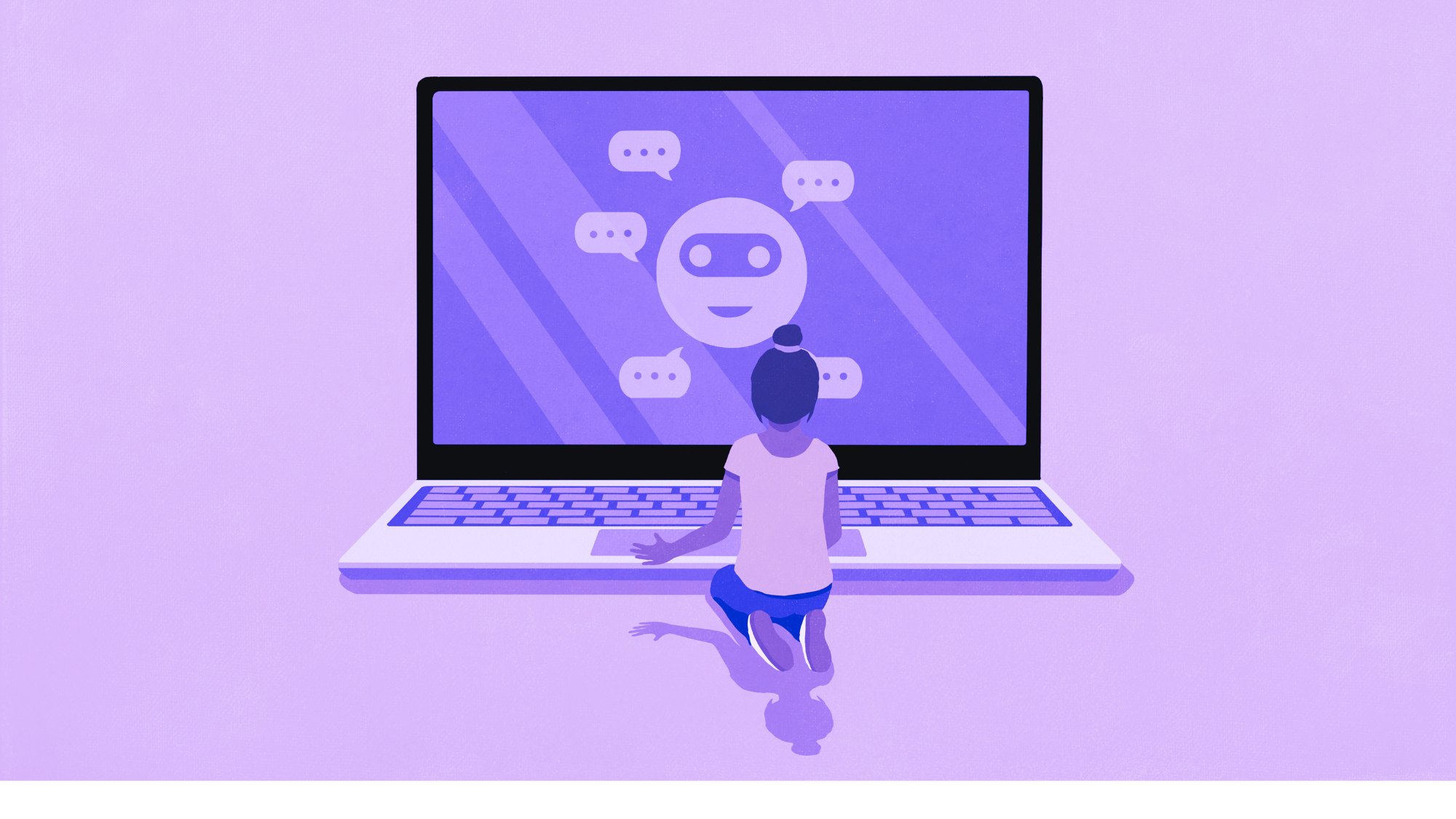Are you still relying on last-minute cramming, re-reading textbooks, and highlighting everything in sight? If so, you’re not alone—but it’s time for a better plan. As a graduate student, you’re expected to absorb and apply complex information at a fast pace. That means developing smarter, science-backed strategies that work.
Here’s your guide to how to study effectively, with 10 of the best study techniques that will help you retain more, reduce stress, and boost performance—no matter your field of study.
Why Study Techniques Matter in Graduate School
Graduate school demands more than just effort. You need strategy. Unlike undergraduate studies, where general knowledge and broad coverage might get you by, postgraduate studies expect depth, retention, and application.
Effective study methods:
- Improve recall and memory
- Help you understand and apply complex ideas
- Reduce anxiety before tests or presentations
- Save time and increase productivity
Set the Stage: Prep Your Mind and Environment
Before applying any technique, you need to optimise your environment for learning. A focused, energised mind in the right setting is the foundation of every successful study session.
Sleep Strategically
According to a 2019 study, students who consistently get quality sleep perform better academically. But don’t wait till the night before an exam—get proper rest throughout your study phase to aid memory consolidation and reduce brain fog.
Switch Up Your Scenery
Changing your study location every few days can improve recall. Try studying at a café, quiet park, or library. The novelty stimulates your brain and strengthens memory cues.
Use Background Music Wisely
Lo-fi, instrumental or classical music can boost concentration. Avoid songs with lyrics—they can interrupt your thought process.
Eliminate Distractions
Put your phone on silent or use focus apps. Keep your space clutter-free. Every second saved from distraction adds to your study gains.
Fuel with the Right Foods
Instead of sugary snacks, choose foods like:
- Nuts and seeds (brain-boosting fats)
- Apples and berries (antioxidants)
- Dark chocolate (mood and memory enhancer)

1. SQ3R Method: A Smarter Way to Read
One of the most effective study techniques for reading comprehension, especially for textbook-heavy subjects, is the SQ3R method. It stands for:
- Survey: Skim headings, visuals, and summaries to get an overview.
- Question: Turn headings into questions—this primes your brain.
- Read: Now, read actively, looking for answers.
- Recite: Pause and summarise in your own words.
- Review: Revisit the material to reinforce learning.
This method helps you go beyond passive reading and engage with the content critically.
2. Retrieval Practice: Recall, Don’t Just Reread
Retrieval practice is a powerful memory technique. Instead of reading and rereading, test yourself without notes.
- Use flashcards regularly.
- Practice past papers or mock quizzes.
- Close your book and try to write down what you just studied.
- Ask yourself: What did I learn? Can I explain it without notes?
The more you retrieve, the better you remember.
3. Spaced Repetition: The Power of Intervals
Rather than studying everything in one go, spaced practice spreads learning over time. It leverages the psychological “spacing effect,” where reviewing material right before you forget it helps long-term retention.
Example review schedule:
- Day 1: Learn the concept
- Day 2: First review
- Day 4: Second review
- Day 7, 14, 30: Continue spaced reviews
This method is ideal for long-term retention and is especially useful when preparing for professional exams or cumulative finals.
4. PQ4R Method: Dive Deeper
Similar to SQ3R, the PQ4R method helps students actively learn and retain information:
- Preview
- Question
- Read
- Reflect
- Recite
- Review
This technique is particularly helpful when studying theoretical or analytical subjects like psychology, law, or history. It encourages deeper engagement and long-term understanding.
5. The Feynman Technique: Teach It to Learn It
The Feynman Technique is one of the best ways to understand complex topics. Here’s how it works:
- Pick a topic and write the title on a blank page.
- Explain it in the simplest terms, like you’re teaching a child.
- Identify gaps and revisit the source material.
- Refine your explanation until it’s clear and jargon-free.
This method transforms passive understanding into active mastery.
6. Leitner System: Smart Flashcard Use
Flashcards are a classic tool—but the Leitner System makes them more strategic.
Sort flashcards into 5 boxes:
- Box 1: Review daily
- Box 2: Review every 2 days
- Box 3: Every 4 days
- Box 4: Every 9 days
- Box 5: Every 14 days
Only advance cards you get right. If you get one wrong, move it back. This ensures weak areas get more attention while known material is reinforced efficiently.
7. Colour-Coded Notes: Highlight What Matters
Colour activates visual memory. Instead of dull, monotone notes, try this:
- Red: Key definitions or concepts
- Yellow: Important examples or case studies
- Blue: Supporting facts
- Green: Your own analysis or connections
Don’t over-highlight. Use colour intentionally to distinguish and prioritise.
8. Mind Mapping: Think Visually
If you’re a visual learner, mind maps are gold.
- Start with a central topic in the middle.
- Branch out into key ideas, then subtopics.
- Use arrows, icons, and colours to show connections.
Mind maps help you visualise structure, ideal for subjects like anatomy, business models, or ecosystems.
9. Exercise Before Studying: Get Your Brain in Gear
A quick workout can enhance your focus and mental clarity. Benefits include:
- Increased blood flow to the brain
- Boosted energy and motivation
- Reduced stress and anxiety
Try:
- A 20-minute walk
- Stretching and yoga
- Bodyweight exercises
Make it part of your pre-study ritual.
10. Study Before Sleep: Let Your Brain Do the Work
The brain consolidates information during sleep. So, reviewing material a few hours before bed helps embed it in long-term memory.











